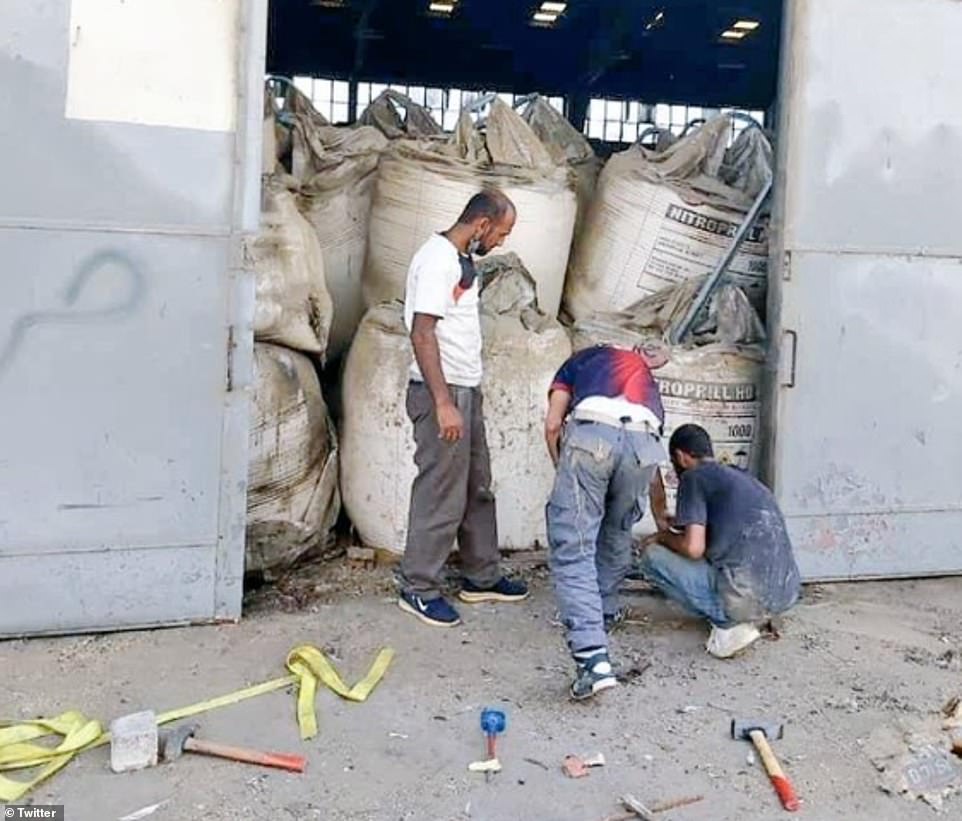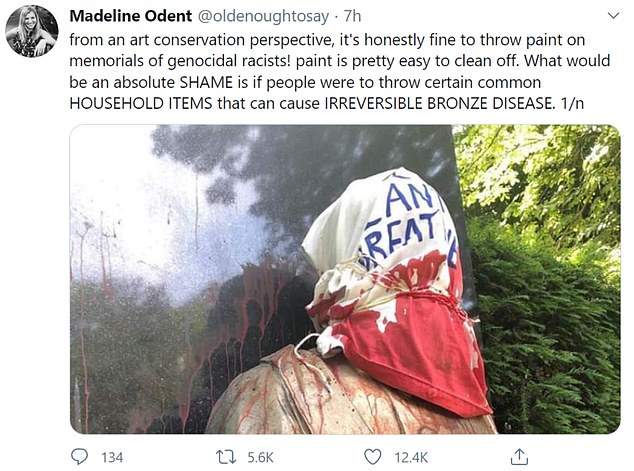Lebanese authorities were repeatedly warned about danger of hazardous chemicals
Lebanon has placed every official responsible for the security of Beirut’s port for the last six years under house arrest as it investigates a massive explosion which has devastated the city. The country’s political leaders vowed those responsible for the tragedy would ‘pay the price’, but customs officials pointed the finger of blame back at … Read more







